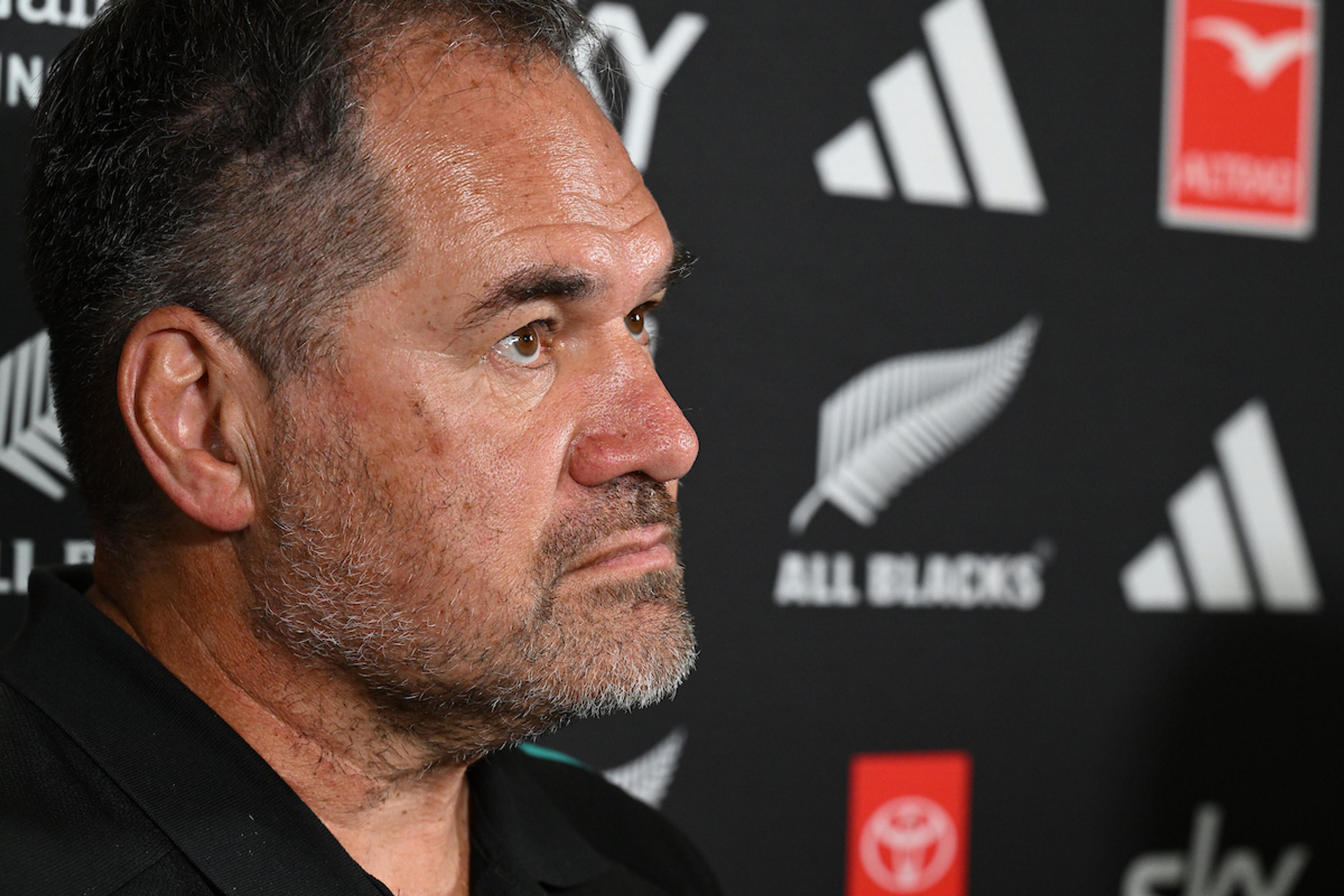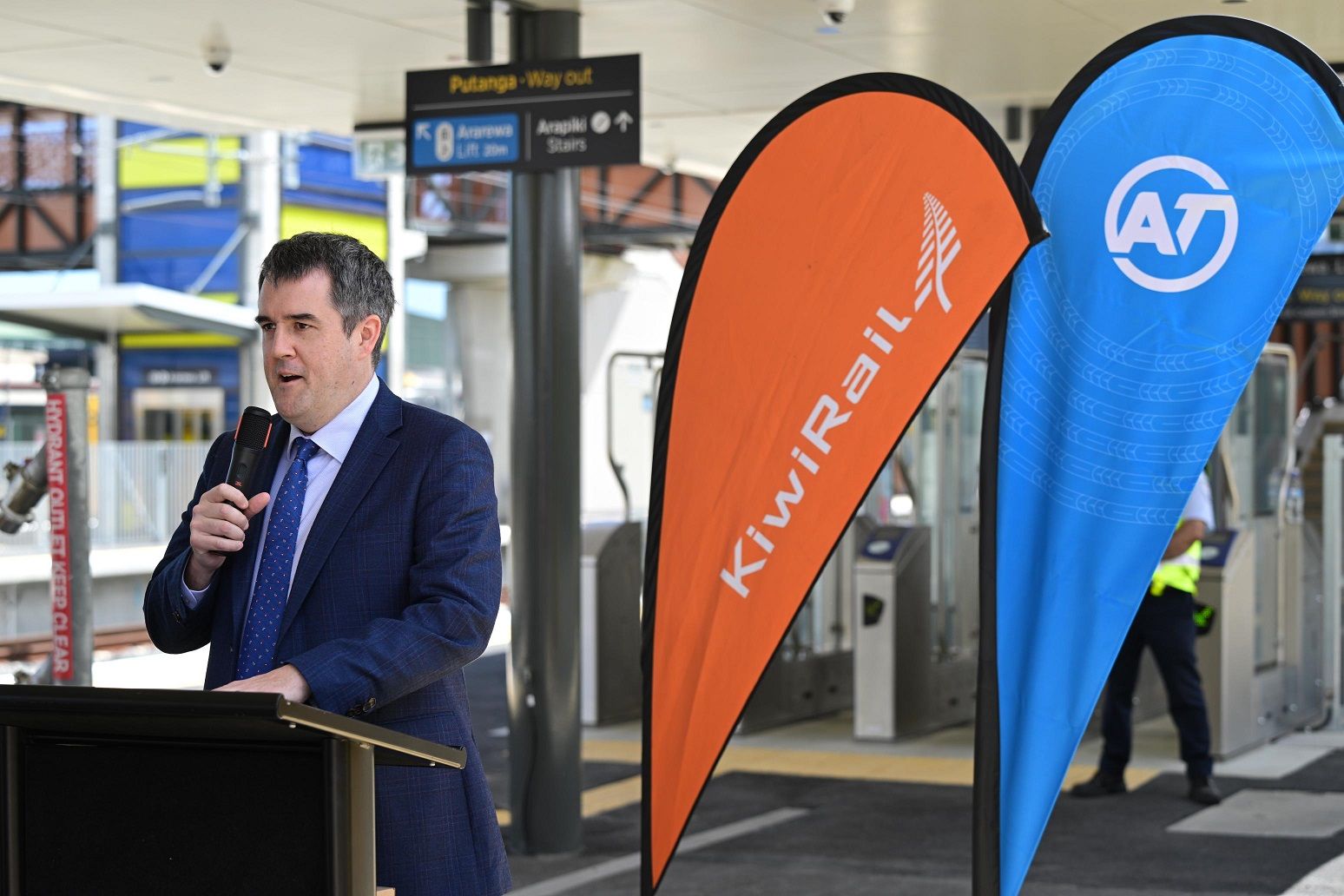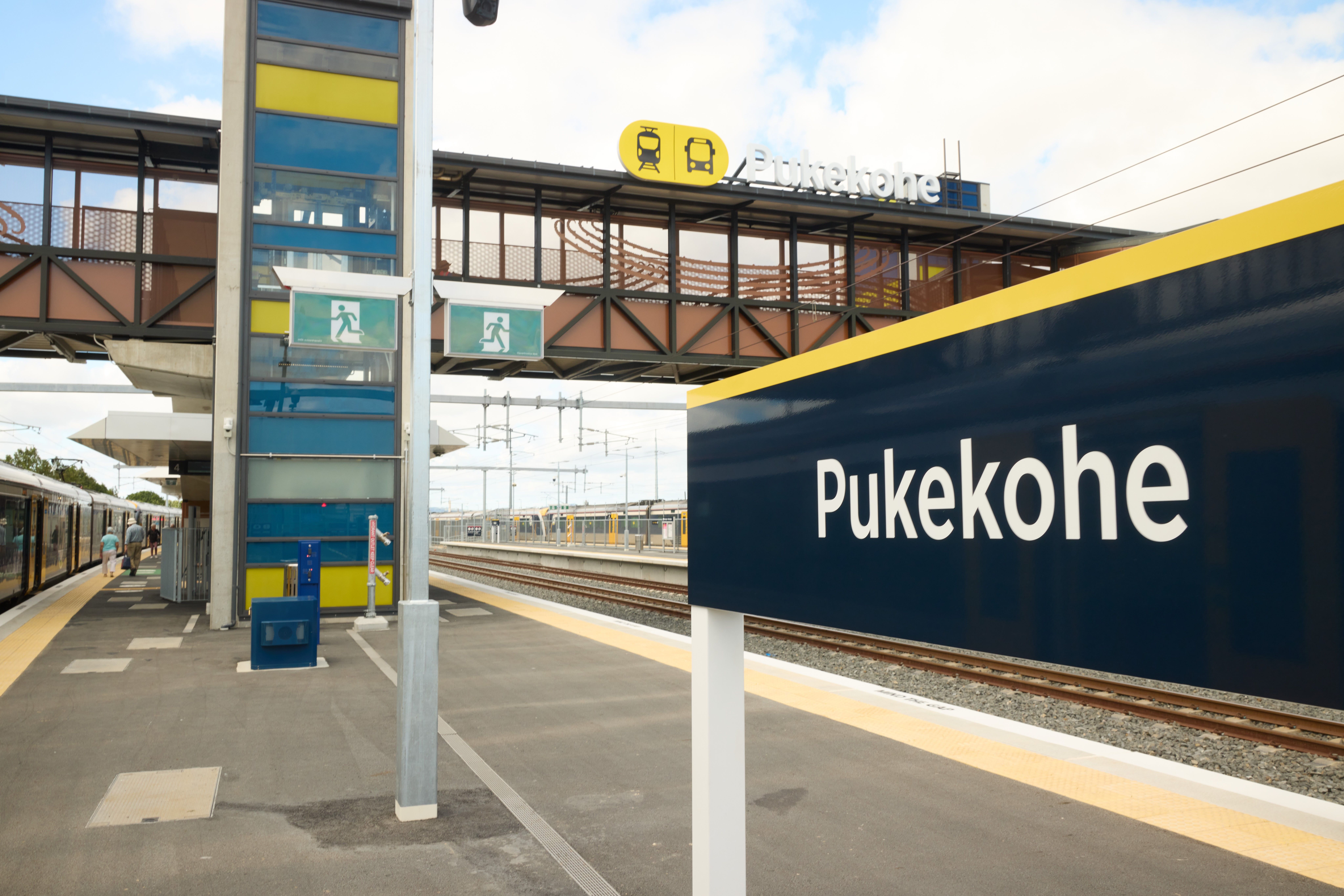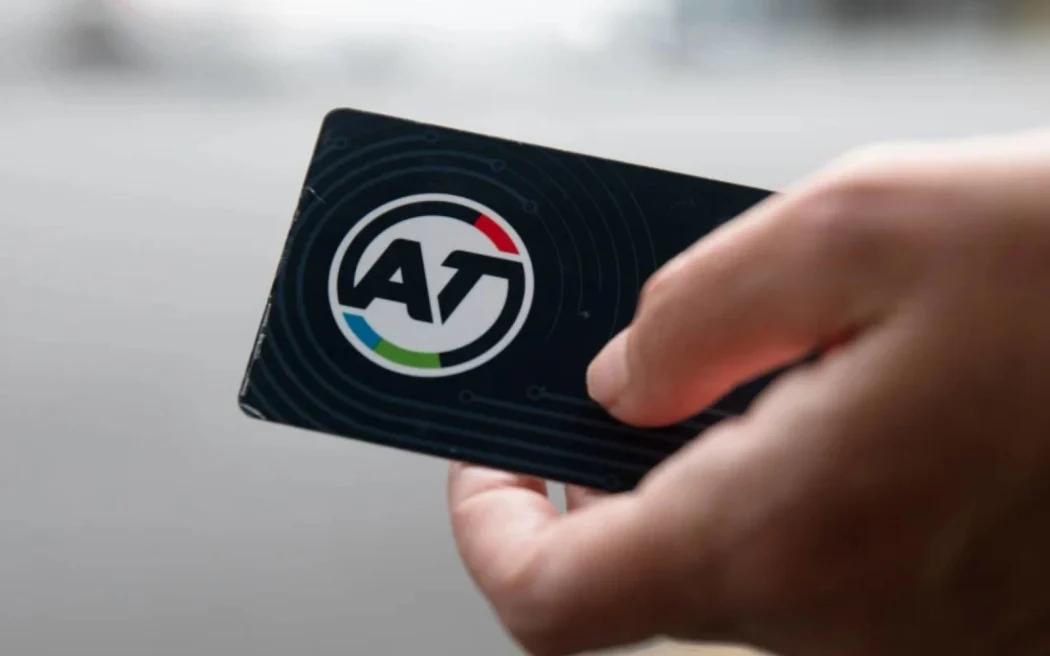

Trains will begin running every 20 minutes from Pukekohe to Waitemata (Britomart) from Monday 3 February 2025.
Photo/Supplied
Electric trains return to Pukekohe after two-year upgrade
Electric trains are back on the Southern Line, offering a direct, faster, and more efficient journey from Pukekohe to Tāmaki Makaurau.


Realm relations in focus as Tokelau-NZ marks 100-year history


Dave Rennie becomes first All Blacks coach of Pacific heritage


Realm relations in focus as Tokelau-NZ marks 100-year history


Dave Rennie becomes first All Blacks coach of Pacific heritage
Starting Monday, 3 February 2025, electric trains will operate every 20 minutes between Pukekohe Station and Waitematā (Britomart) on the Southern Line until 7pm and every 30 minutes thereafter.
The upgraded service connects commuters from Pukekohe directly to Auckland’s central city in 75 minutes, eliminating the need for transfers and saving up to 25 minutes in travel time.
Franklin Ward Councillor Andy Baker rode the first electric train from Pukekohe on Sunday, calling it a long-overdue improvement after two years of waiting.
"It’s been well worth the wait," he says.
In August 2022, Pukekohe Station closed as KiwiRail electrified the rail line in preparation for new train stations along the route.
Previously, the Southern Line was electrified only to Papakura, requiring Pukekohe passengers to transfer from an electric to a diesel train.
Baker, who is also the chairman of the Auckland Council’s Transport, Resilience, and Infrastructure Committee, says, "Getting to the city centre from Pukekohe is now one easy train ride that’s 25 minutes quicker than bussing to Papakura and catching the train from there. It’s a cleaner, quieter way to travel than the old diesel trains and means we no longer need to transfer to Papakura.
"We’re a fast-growing part of Auckland, and I want to thank KiwiRail and Auckland Transport for their continued work in connecting us to more of the city, making it easier for us to travel without having to rely on a car or worry about traffic."
Transport Minister Chris Bishop joined Baker on the first commuter train from Papakura to Pukekohe.

Minister of Transport Chris Bishop said it was "exciting" to see this important project finished. Photo/Supplied
"This is an incredibly exciting day. I'm on the first commuter train from Papakura to Pukekohe. In fact, we're actually going from Papakura back into Pukekohe right now,” Bishop said.
"It’s the completion of the electrification of the rail network from Papakura to Pukekohe. It started in 2022 and is now complete. And from tomorrow [Monday] morning, the first trains will be running from Pukekohe all the way into Britomart."
Bishop says transfers are no longer necessary, adding that, for many years, commuters had to rely on a 40-minute bus service between Pukekohe and Papakura.
"They don’t have to do that anymore. Instead, they’re going to be on fully electric, beautifully quiet, sleek new trains. It’s going to be absolutely fantastic.," he said.
Over 800 mast structures from Pukekohe to Papakura have been installed to support almost 130 kilometres of overhead electric lines that power the electric trains.
While the line was closed, essential maintenance work was carried out to enable more direct, frequent, and reliable services in preparation for the City Rail Link’s opening in 2026.
David Gordon, KiwiRail's Chief Asset Development Officer, says this upgrade to Auckland’s rail network will support the area’s continued growth now and in the future.
The area is projected to grow by 120,000 people over the next 30 years, and many are expected to make South Auckland their home.
“To prepare for this future growth, KiwiRail is now focusing on building three new train stations between Papakura and Pukekohe to improve access to sustainable travel,” Gordon says.
Pukekohe Station has also been upgraded to accommodate more frequent electric trains alongside the redeveloped bus interchange, which opened in 2018.

After two years of waiting, commuters from Pukekohe can board electric trains at the upgraded Pukekohe Station. Photo/Supplied
“These also form part of the huge network improvements we are delivering to prepare the network for the City Rail Link and the improved services and faster, more frequent trains that will bring.”
Gordon reminded the community to exercise caution around the tracks due to the increased train frequency on this section of the Southern Line.
“They should expect trains at any time, obey signage and always take a good look both ways before crossing the tracks,” he says.
Dean Kimpton, Chief Executive for Auckland Transport, says this is a game-changer for Pukekohe and the wider community.
“With buses linking directly to Pukekohe Station from surrounding areas like Waiuku, and the option to now use contactless payments, public transport is an easy way to travel even in the furthest south parts of the region,” Kimpton said.

Photo/LDR
“Regular passengers can benefit from the $50 weekly fare cap, and the fare zone changes which take effect from today will make longer trips more affordable.”
HOP Card users will pay a maximum of $50 per week for buses, trains, and inner-harbour ferries.
Auckland Transport’s fare zones have been simplified, and single-trip prices on buses and trains are capped at $7.65 for four zones, regardless of distance or transfers.
“We’re really excited to be bringing back train services to Pukekohe and want to thank the community for their patience while we’ve worked hard to give them a modern, world-class rail system, with further improvements still to come ahead of the City Rail Link opening in 2026,” Kimpton said.
Quick note
The 394 bus will no longer serve Papakura Station and will only run between Pukekohe Station and Paerātā Rise. It will run a new timetable to help buses connect with trains at Pukekohe Station.
The electrification of the railway line between Papakura and Pukekohe will support three new train stations being built along this section:
Drury Station (Drury Central)
Ngākōroa Station (Drury West)
Paerātā Station (Paerata)
183km of Auckland’s rail network has been electrified, stretching as far west as Swanson and now as far south as Pukekohe.
Information on fare changes can be found on the AT website page: at.govt.nz/farechanges
You can view footage from Sunday's event here.
LDR is local body journalism co-funded by RNZ and NZ On Air.
